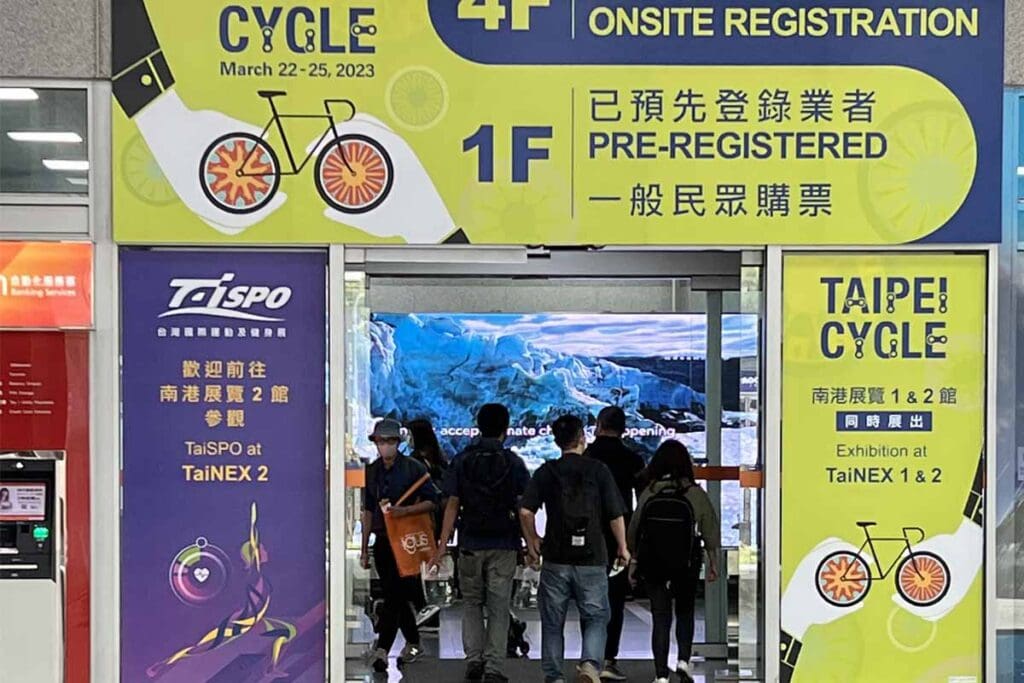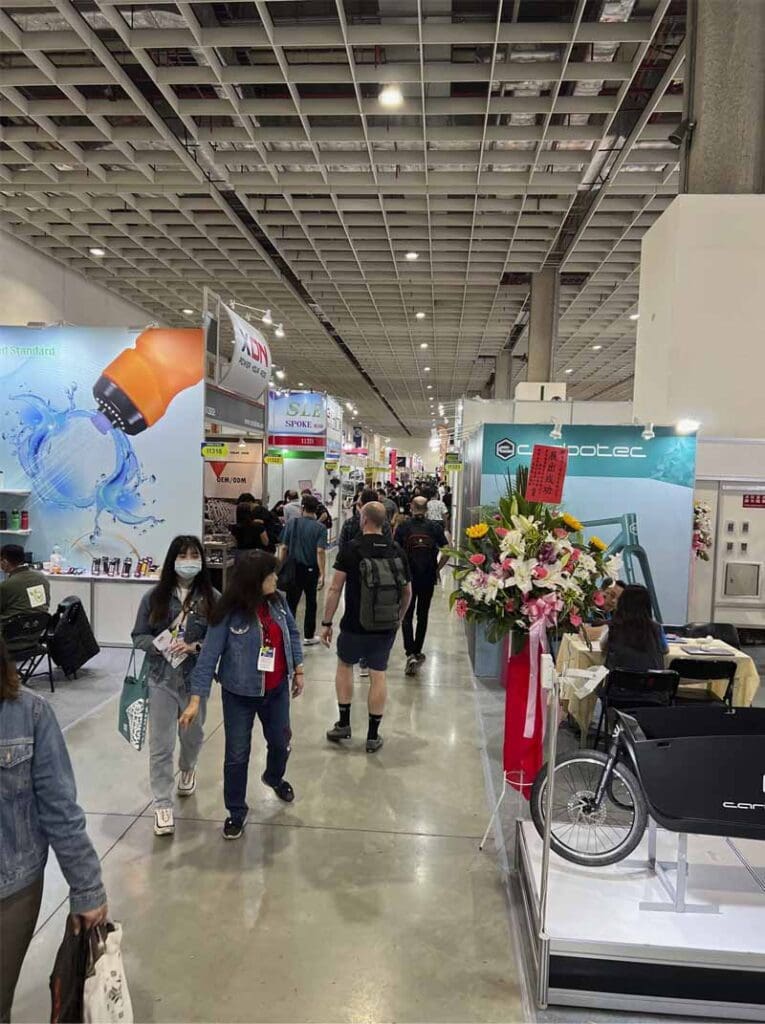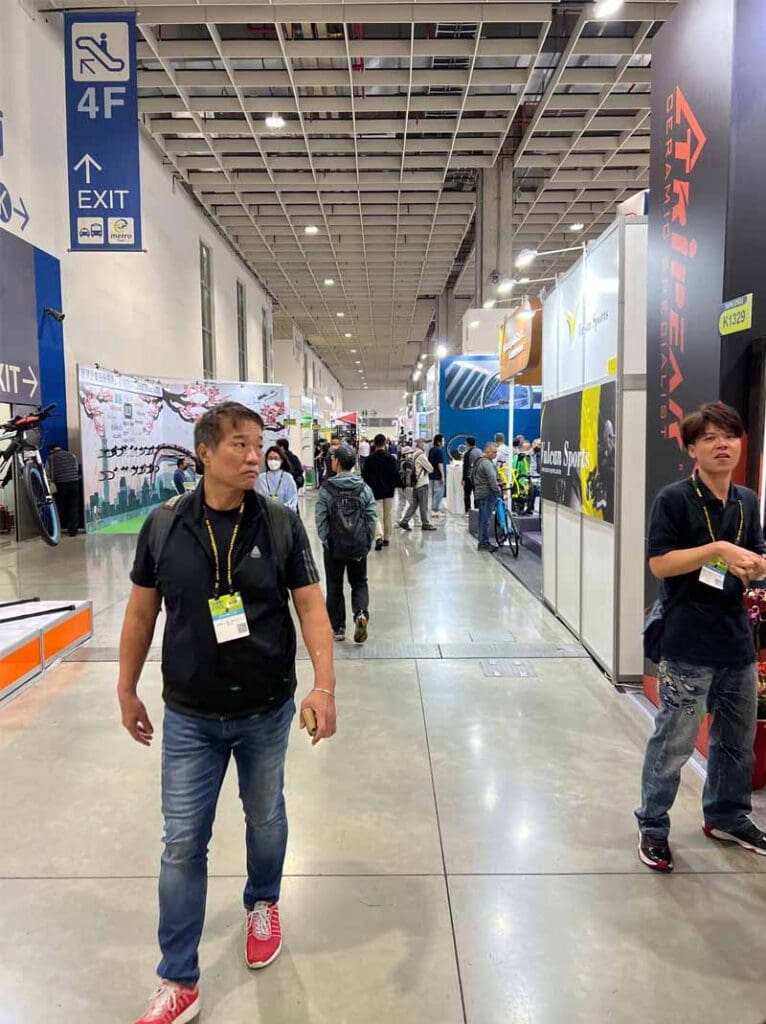Taipei Cycle Award Refocuses Attention on Sodium-Ion Batteries

Taipei, Taiwan
Chinese manufacturer Phylion has triumphed at Taipei Cycle’s 2023 Development & Innovation Awards with its first-generation sodium-ion battery cells, as the technology firms as an alternative to lithium-ion batteries for e-bikes.
Phylion used Taiwan’s global bike trade show to highlight its self-developed sodium-ion battery cell models, the Golden Brick Version 30110 and 19118 cells, predicting the emerging technology could bring a new era for e-bike batteries.
Sodium-ion batteries have similar working principles to the lithium technology but use sodium as their charge carrier. Sodium is more abundant, cheaper and can be sourced more sustainably than lithium, so sodium-ion batteries are about 30% cheaper to manufacture based on current prices.

In addition, sodium-ion batteries are less flammable, easier to recycle, quicker to charge and promise to provide a longer lifespan.
However, given existing technology, sodium-ion batteries are significantly heavier and cannot match the energy density levels lithium-ion, so they are currently unable to deliver comparable battery range.
The sodium-ion battery was discovered in 1807 and gained prominence in the 1980s and 1990s because of their high energy density.
Dwindling global lithium supplies have brought renewed focus on sodium ion batteries as an alternative.
Aussie Perspective of Taipei Cycle
Jamie Walsh from Global Fitness and Leisure was among a small Australian contingent at last month’s Taipei Cycle, which returned to its full scale for the first time since the Covid pandemic.
Jamie, who is head of the company’s bicycle department, was kind enough to send a series of images from the event, which he said was well organised and attracted a lot of foot traffic.
He reported a high number of electric products, lot of products and accessories, but virtually no kids’ bikes.

While the trade show has kept a relatively low profile during the pandemic, held as a virtual show and then a smaller-scale physical show last year amid travel restrictions, Taiwan’s bike manufacturing has risen to new highs.
As reported in our 9th March issue, Taiwan’s annual e-bike export figures passed one million units for the first time last year, following a 4.97% rise compared to 2021.
It exported a total of 1,037,286 e-bikes in 2022, according to draft statistics from the Taiwan Board of Foreign Trade (MOEA).
At the same time, the average export unit price also hit a new high in 2022, climbing to US$1,497.48 (A$2,224.73). This represented a 12.49% increase above the 2021 figure and helped boost Taiwan’s total value of e-bike exports to US$1.553 billion (A$2.31 billion).
